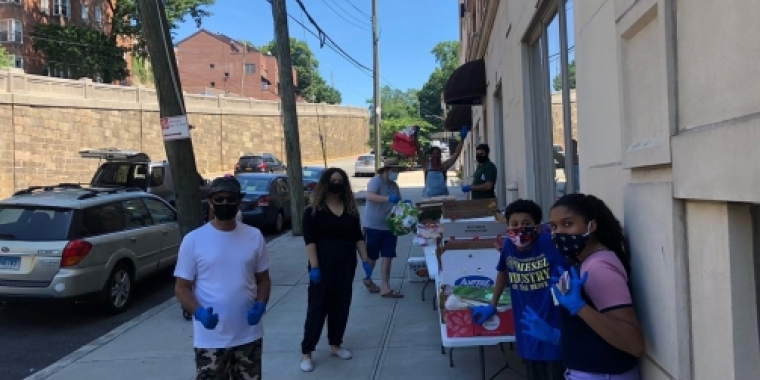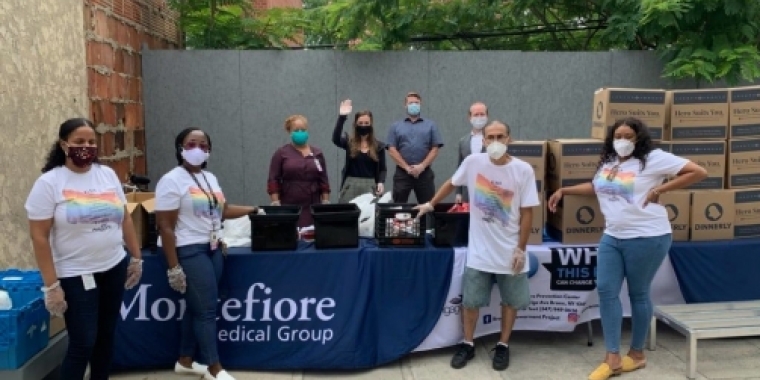
STATE SENATOR ALESSANDRA BIAGGI AND ASSEMBLYMEMBER LINDA B. ROSENTHAL INTRODUCE THREE BILLS TO STRENGTHEN LAWS AGAINST SEXUAL ASSAULT
February 5, 2020
ALBANY, NY – State Senator Alessandra Biaggi and Assemblymember Linda B. Rosenthal introduced three pieces of legislation to strengthen New York State laws against sexual assault and protect survivors of adult sex crimes.
S7089A/A8928 amends the Penal Law to deem a fare-paying passenger in a vehicle-for-hire incapable of consenting to sexual activity inside the vehicle with the operator of the vehicle. This legislation ensures that passengers in for-hire vehicles, including intoxicated passengers, are fully protected under the law from sexual assault.
S7090/A104 creates a more practical misdemeanor through amending the crime of Forcible Touching by removing the element of the actor’s specific intent which is often unknowable and unprovable. This will eliminate an unattainable standard that places an undue burden on victims.
S7128/A9110 amends the Penal Law to deem a person on probation incapable of consenting to sexual activity during the period of their probation with a probation officer who has supervised or is supervising the probationer. This bill is designed to protect vulnerable individuals from harm where there is a clear power disparity, and any sexual relationship that occurs is likely to be coercive in nature.
State Senator Alessandra Biaggi (D-Bronx/Westchester) issued the following statement:
“Our laws should never stand in the way of justice for survivors of sexual assault. Unfortunately, New York’s criminal code perpetuates a dangerous routine of victim-blaming and places an undue burden on many survivors to prove their case. These bills strengthen our Penal Law so that it reflects the reality of sexual assault and unequivocally protects survivors.
Survivors around the country are raising their voices, calling out ride-sharing companies for not doing enough to prevent assault. New York must step up and strengthen its laws to protect these passengers. This legislation updates the penal code to make it clear that a passenger in a for-hire vehicle cannot consent to sexual activity with the driver while in the vehicle, guaranteeing survivors the option to pursue justice in our court system.
The number of reported sex crimes on the New York City subways has increased, but when victims try to pursue cases of unwanted touching they are faced with an unattainable standard of proving intent. By eliminating the element of intent, our bill will give victims a viable pathway to justice, protecting all New Yorkers using public transportation.
In situations where there is a clear power disparity, our laws must protect vulnerable populations from coercive sexual relationships. New York law recognizes this disparity by barring sexual activity between parole officers and people on parole. Our legislation will extend this protection to New Yorkers on probation, deeming such individuals incapable of consenting to sexual activity with their probation officer.
This package of bills adds necessary nuance to New York State law to make it easier for survivors of sexual assault to pursue criminal cases. I look forward to advancing these bills with Assemblymember Linda Rosenthal this year.”
Assemblymember Linda B. Rosenthal (D/WF-Manahttan) said, “The vast majority of laws around rape and sexual assault were written decades ago, mostly by male legislators.
All across the country, and right here in New York, survivors are demanding justice and helping to lead what is nothing short of a revolution in the way society views rape and sexual assault. Together, we are changing minds and changing laws. And we will continue to do the hard work necessary to manifest that change.
Despite our progress, however, many of New York’s criminal laws continue to institutionalize a dangerous culture of victim-blaming. Together, these laws make it more difficult for victims to come forward and we have a responsibility to support and empower survivors by changing them.
Subways have become a hotbed for unwanted sexual touching. If you are lucky enough to identify and catch the perpetrator, you must still overcome a significant legal hurdle – getting inside their mind and proving their specific intent. This is an unnecessary, anachronistic and absurd requirement, and it makes it difficult for victims to prove their case. By removing this specific intent, we make the statute work better to protect all straphangers.
Sex is always coercive in the context of a custodial relationship. Probation officers wield a tremendous amount of control over their wards. Given the significant power imbalance and the opportunity for intimidation or abuse of that power, we must mandate that sex within the confines of this relationship is non-consensual under all circumstances.
We have learned that sexual assault is all too common in for-hire vehicles. No passenger should be asked to sacrifice safety for convenience, and we must do more to protect all passengers. This bill will do just that by adding a new section to the penal law feeling a passenger incapable of consenting to sex with the driver in the vehicle.
Together, these bills will help to continue the transformation we started and will empower survivors in their quest for justice and healing. I look forward to working with State Senator Alessandra Biaggi to see them become law.”
“Safe Horizon, the nation’s largest victim services organization, commends Senator Alessandra Biaggi and Assembly Member Linda Rosenthal for introducing three important pieces of legislation that target unwanted, unsolicited, nonconsensual sex acts. S7089A/A8928 ensures that passengers in for-hire vehicles, especially intoxicated passengers, are fully protected under the law from rape and sexual assault by deeming riders incapable of consent when inside the driver’s for-hire vehicle. S7128/A9110 protects individuals on probation from being coerced into sexual activities by their current or former probation officer by deeming those on probation unable to consent to such sexual relationships during their probation period. S7090/A104 amends the crime of Forcible Touching by removing the element of the actor’s intent, which we know is often unknowable and unprovable. The high bar of proving intent and often failing to do so leaves survivors feeling that the violence and harm they’ve experienced do not matter. All three of these bills acknowledge the ways power differentials manifest between individuals, especially for those whose ability to get home safely, complete probation without fear of retaliation, or ride the subway without being touched or grabbed are in the control of another. This package of bills shines an important spotlight on ‘consent.’ We urge the full legislature to pass all three as soon as possible,” said Michael Polenberg Vice President of Government Affairs at Safe Horizon.
###

